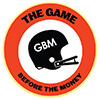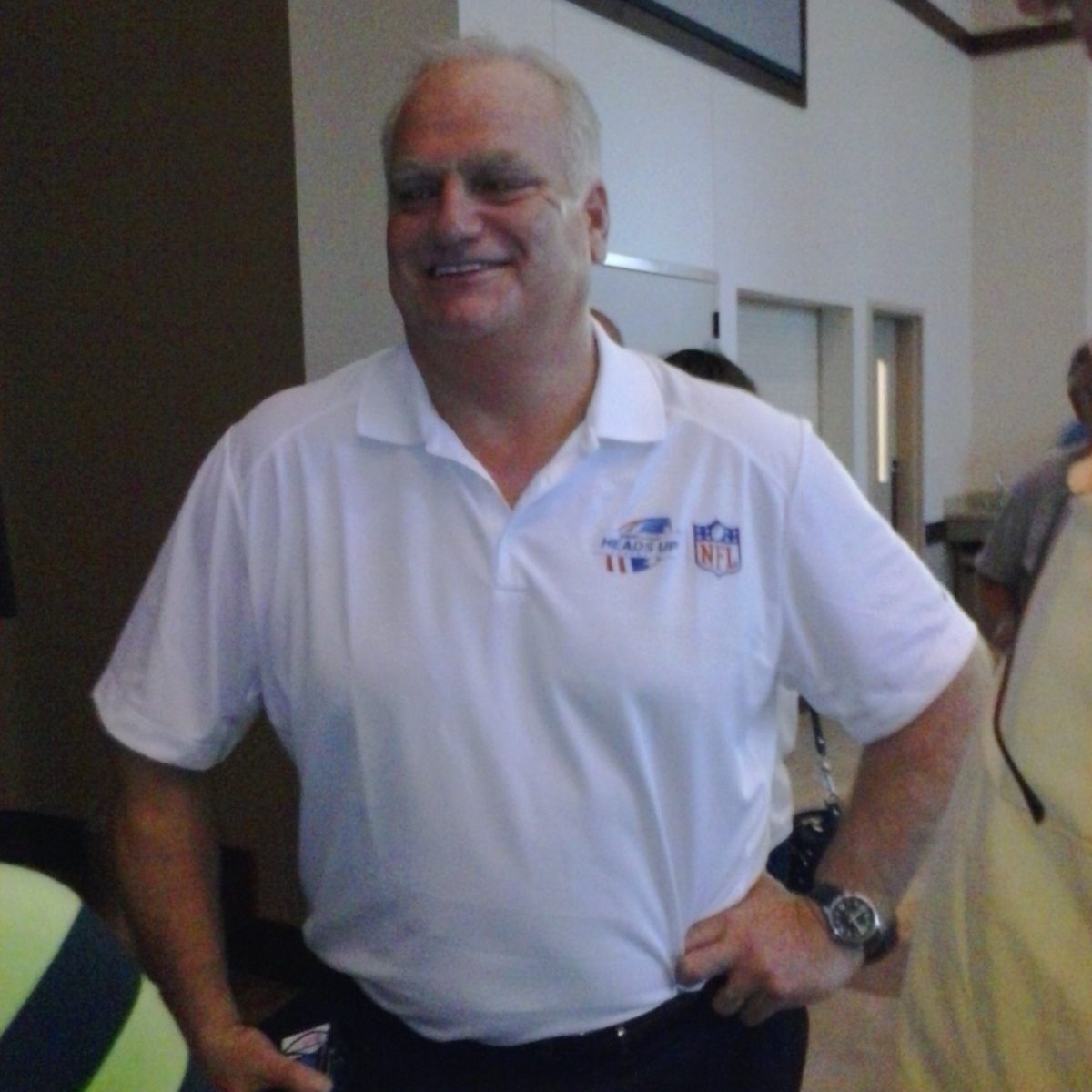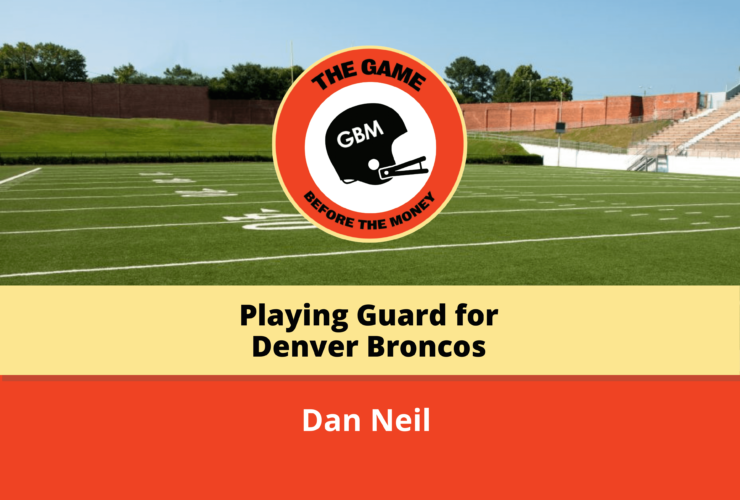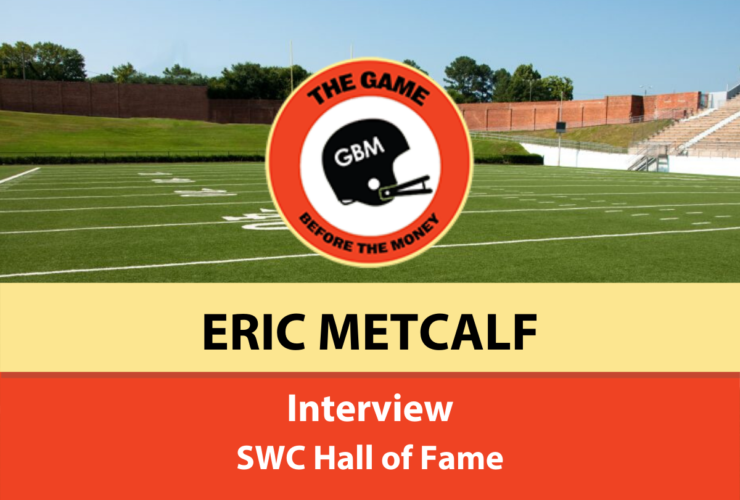My father-in-law and I recently heard former Detroit Lions quarterback Eric Hipple speak. Hipple, who quarterbacked the Lions to the 1983 NFC Central Division title, reviewed his career and shared about his current work at the University of Michigan Depression Center. He noted that 50% of NFL players battle depression after retirement.
ALMOST DIDN’T SURVIVE ACCIDENT BEFORE COLLEGE
Hipple accepted a scholarship to play at Utah State. A serious dune buggy accident nearly ended everything for him about six weeks before leaving for Logan. His vehicle flipped, and Eric suffered a fractured skull and separated shoulder. His doctor told him he’d never play football again. Eric’s father promptly fired that doctor, and Hipple began recovering under another doctor’s supervision.
Hipple recovered well enough that he led the Aggies to conference championships his junior and senior years. He placed sixth in the NCAA for passing his senior year. The Detroit Lions drafted him as the first pick of the fourth round in the 1980 NFL Draft.
“THE NIGHT OF THE HIPPLE”
Hipple made the Lions as the 3rd-string QB and holder for kicker Eddie Murray. His first NFL start came after injuries to Gary Danielson and Jeff Komlo his second year. This was no ordinary start either – it was Monday Night Football against the division rival Chicago Bears.
With the entire nation watching, Hipple threw four touchdowns and ran for two others. Dubbed “The Night of the Hipple,” it’s been called the greatest debut ever on MNF, and the Pro Football Hall of Fame owns his jersey from that night.
One touchdown pass was a 94-yard strike to Leonard Thompson, the longest in MNF history at the time. Lions coach Monte Clark sent Thompson in with the play, but Thompson forgot it on his way to the huddle. Hipple asked Thompson think hard. Thompson said, “Ah, I think it was a pass play to me.”
“I-34 Post?” Hipple asked.
“Yeah, that’s it,” Thompson said.
Hipple saw Thompson open downfield and threw to him as a Bears lineman knocked Hipple down in the end zone. Hipple got up just in time to see Thompson cross the goal line. “I got off the field and Coach Clark said, ‘You just made a career for yourself.’”
A FAIR CAREER
Hipple threw for over 10,000 yards and tossed 55 TD passes in his 10-year career. He led the NFL with a 63% Completion Rate in 1986, and scored 7 rushing touchdowns in 1981. Many fans remember a gruesome injury he sustained in 1988 when Charles Haley blindsided him, turning Hipple’s ankle backwards.
Hipple returned to play in 1989, but was given the option of retiring or being cut after throwing two pick-sixes against the Minnesota Vikings. Hipple wanted to say farewell to his friends in Detroit rather than hold onto the possibility of another team picking him up. He chose to retire.
POST GAME DIFFICULTY
Like many players, Hipple found adjusting to life after the NFL difficult. Although he’d built a business that after six years earned more than his NFL salary, he lost his sense of self and slid into a deep depression. He leapt out of a car going 75 mph in hopes to end it all. He miraculously survived.
His struggles also survived. Hipple, however, resisted any kind of assistance for his problems. He now says avoiding his own depression issues left him incapable of recognizing those in his teenage son, Jeff. While Eric was away on business, 15-year old Jeff took Eric’s shotgun and killed himself.
Eric’s downward spiral accelerated afterward. He “ate Vicodin and Xanax like candy” to cope with his severe emotional pain. He also tried drowning his sorrows in alcohol. One Monday night, he drove home drunk after a Lions home game. He was pulled over for DUI.
Hipple figured his fame would save him, but the officer took him to jail. The judge, however, gave him several chances to avoid jail time. Hipple refused to follow the judge’s orders, and eventually served 58 days in jail. In jail, he noted a fellow inmate refused to accept responsibility for his mistakes, and Hipple started thinking hard about his own life.
COMEBACK VICTORY
A University of Michigan doctor invited Hipple to a luncheon educating attendees about depression. He jokes that he was more interested in the free lunch at first, but Hipple strongly related to the presentation. He wanted to learn more, and went to school to train in suicide prevention.
Hipple’s acceptance of help led to him overcoming his problems, and he now assists others to do the same. He urges people suffering from depression to seek treatment, just like they would if they suffered from severe arthritis. He encourages all to stay mentally fit, and points out that mental fitness is just as important as physical wellness.
SUMMARY
Hipple now works as an outreach specialist of the University of Michigan, and speaks nationally on suicide prevention. He works with servicemen returning from the war as well as ex-NFLers. Hipple’s battle with depression and his suicide attempt aren’t uncommon with former NFL players. Fans know about Junior Seau and Dave Duerson’s suicides, but I found the 50% depression statistic stunning. Hipple alluded to the difficulty of transitioning from the game to regular life.
Rocky Bleier explains in The Game before the Money: “With the majority of athletes things are always done for you….everybody tells you what to do, where to go, what time to be there, what bus to be on…. (When you leave the game) you have to face a decision on your own, and it’s made for you either by injury or by getting cut because you’re not good enough to make the team. It’s a reality of the game that everybody goes through. How you deal with that specifically becomes very important, and it’s not easy.”
For many players, competing in the NFL is a lifelong dream. What does one do when they’re still young and have already accomplished their most desired goal? Mental preparation for life after an NFL career ends might be even more important than financial planning for professional athletes.
NOTE: Eric Hipple’s book, Real Men Do Cry, chronicles his journey and is available here.




